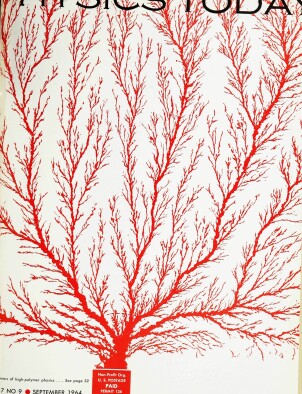Chemical reactions in shock tubes
DOI: 10.1063/1.3051805
From the 20th to the 22nd of April 1964, 85 chemists and physicists from England, Germany, Japan, Canada, and the United States gathered on the campus of Duke University for a symposium on chemical reactions in shock tubes. This meeting served to outline clearly both the contributions which shock tubes have made to chemical research and the prospects which may be anticipated in the near future.
This article is only available in PDF format
More about the authors
E. F. Greene, Brown University.




